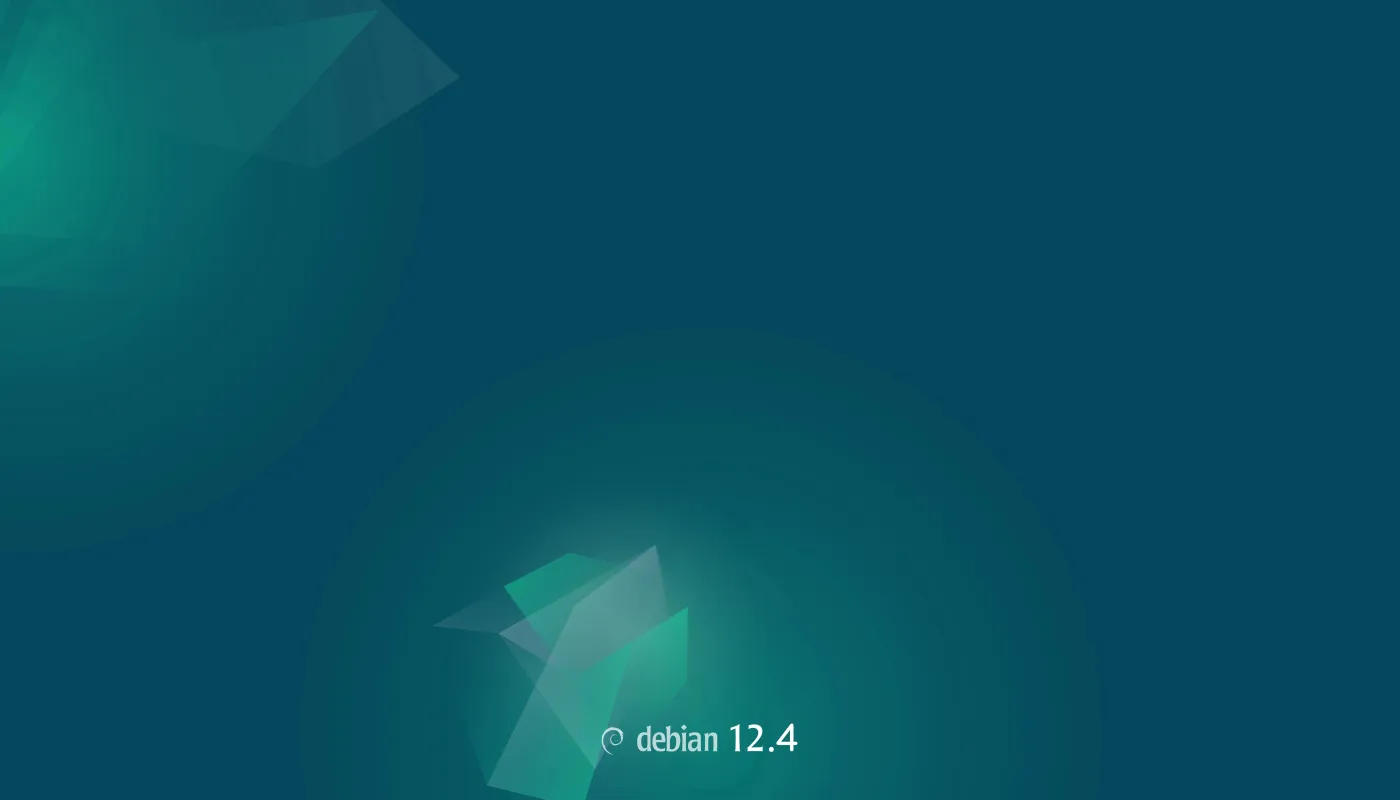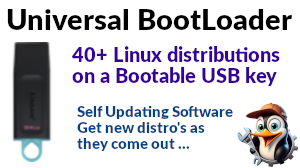Fedora Workstation is a polished, easy to use operating system for laptop and desktop computers, with a complete set of tools for developers and makers of all kinds. The Fedora project came about in 2003 when the free “RedHat Linux” desktop software line was discontinued. Historically it had a bit of a bumpy start, but current versions are pretty slick and contain up-to-date versions of Gnome and associated tools and accessories. If you’re looking for a production Gnome desktop, this would be the main competition for Ubuntu desktop.
Pros
- Lots of features, lots of customisation options
- Latest leading edge software releases
- Huge selection of easy to use third-party applications
- Good support for different environment and interaction with other Operating Systems
- Very polished built-in tools and accessories
Cons
- Uses older (possibly less popular) package management tools
- Sometimes not as easy to get software builds in RPM format as for Debian based systems like Ubuntu
- Historically seen as a less stable than some of the competition, although current releases are better
- Less buzz / support maybe than Debian bases systems








